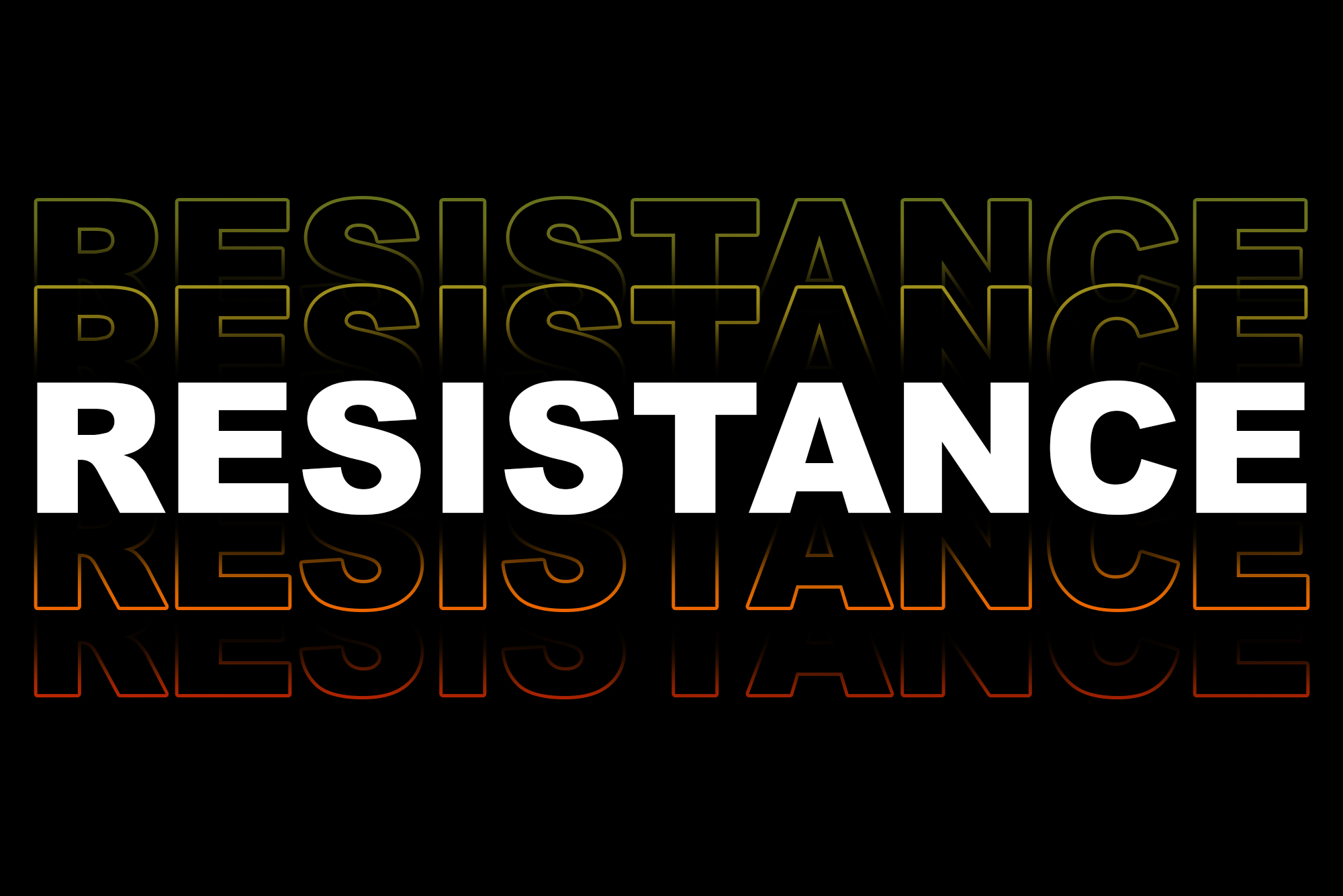What “Black Resistance” Means to Me

What “Black Resistance” Means to Me
Members of the BU community reflect on the theme of this year’s Black History Month
This article was first published in BU Today on February 15, 2023. By BU Today staff. Photos by Cydney Scott & Jackie Ricciardi
Excerpt
Since 1976, the United States has designated February as Black History Month to celebrate and honor the achievements of Black Americans. The theme of this year’s observance is “Black Resistance.”
The Association for the Study of African American Life and History (ASALH), which oversees and coordinates the annual observance, notes on its website that “African Americans have resisted historic and ongoing oppression, in all forms, especially the racial terrorism of lynching, racial pogroms, and police killings since our arrival upon these shores.” In explaining why it chose “Black Resistance” as the 2023 theme, ASALH writes, “as societal and political forces escalate to limit the access to and exercise of the ballot, eliminate the teaching of Black history, and work to push us back into the 1890s, we can only rely on our capacity to resist.”
Resistance can take many forms and it means different things to different people. BU Today reached out to some members of the BU community with this question: “What does Black resistance mean to you?” Their thoughts covered pain and hope, joy and violence, faith and compassion. As the College of Arts & Sciences’ Vincent Stephens writes in his response: “Resistance remains a vital trope of Black life.”

“To resist is to work toward a collective rebuilding—the articulation of a new vision”
Harvey Young, dean of the College of Fine Arts
It is a sad reality that something as simple as breathing—inhaling and exhaling everyday air—can qualify as “resistance.” And yet, we have seen time and time again people whose complexion mirrors my own pleading for breath. I can’t breathe.
Resistance is breath. And presence. There’s a fantasy of the antiracist swashbuckler who responds to a neo-Star Wars-esque plea (Help us! You’re our only hope) by destroying systems and structures in a manner that would make film director Michael Bay envious. In truth, the work of resistance and, indeed, antiracism can be surprisingly mundane. To “resist” is to actively create space—room to breathe and opportunities to lead—for those who have been denied a place and whose very being has been (and continues to be) challenged.
“Resistance,” a loaded word, may be antagonizing to some who view it as a threat to their comfort. Too many people are content to witness Black people not breathing, not being able to learn about their ancestors’ achievements, not being able to live in the house next door, not having a seat in the boardroom.
To resist is to work toward a collective rebuilding—the articulation of a new vision—not delimited by the blindered imaginings of 18th-century men who could not conceive of women and/or nonwhite folks of color having basic citizenship rights.
Resistance can take many forms. It can be leading a movement. It can also be waking up, walking out the front door, and refusing to allow others to deny your possibility.

“Resistance may be the path for Black people, but…it is an ethical obligation for all people, regardless of race”
André de Quadros, professor of music and music education, CFA, and a longtime instructor in BU’s Prison Education Program
I thought I understood a great deal about the history and consequences of slavery before I immigrated to the United States. I was wrong. When I set foot for the first time in an American prison, I learned firsthand about the brutalization of African Americans at the hands of the state. But I learned more than that. In prison, I witnessed tenderness, defiant hope, and the fire of resistance in the artwork these people created—in poetry, stories, songs, and images. The carceral logics that animate policing and the judicial system in this country are insidious and rage-inducing.
This rage, the kind of rage that Maya Angelou and James Baldwin speak about, unsettles, and breaks open the imagination in what can only be described as a river of resistance fueled by love. In the words of so many of my Black system–impacted mentors, resistance is the only way to be, for any alternative would suggest acquiescence to an unacceptable status quo.
The tragedy of mass incarceration affects us all, whether we are in proximity to those most impacted or not. Resistance may be the path for Black people, but more than that, it is an ethical obligation for all people, regardless of race.